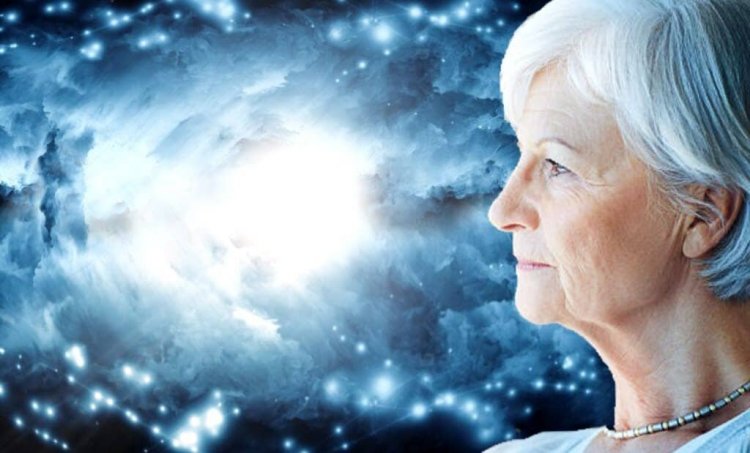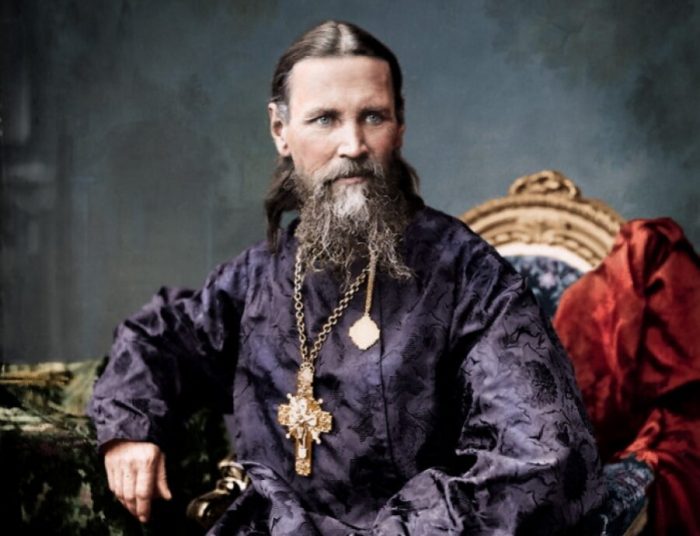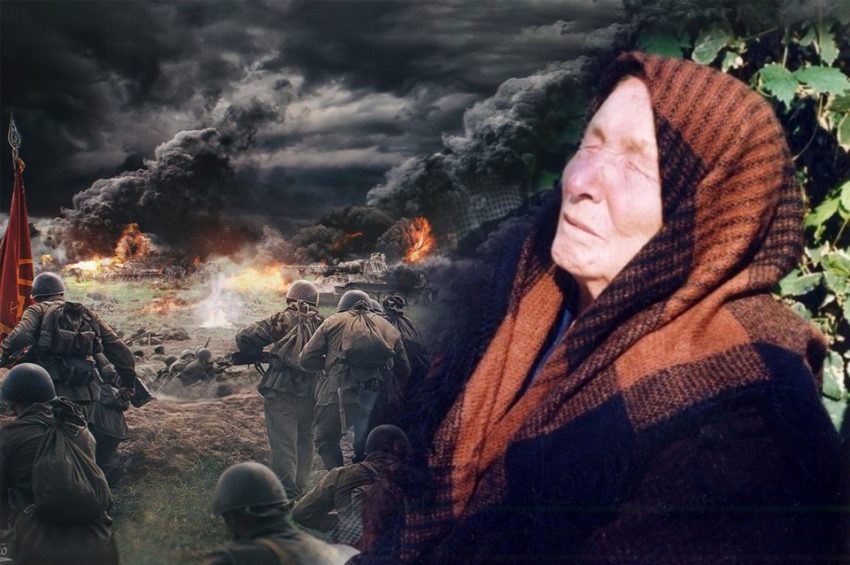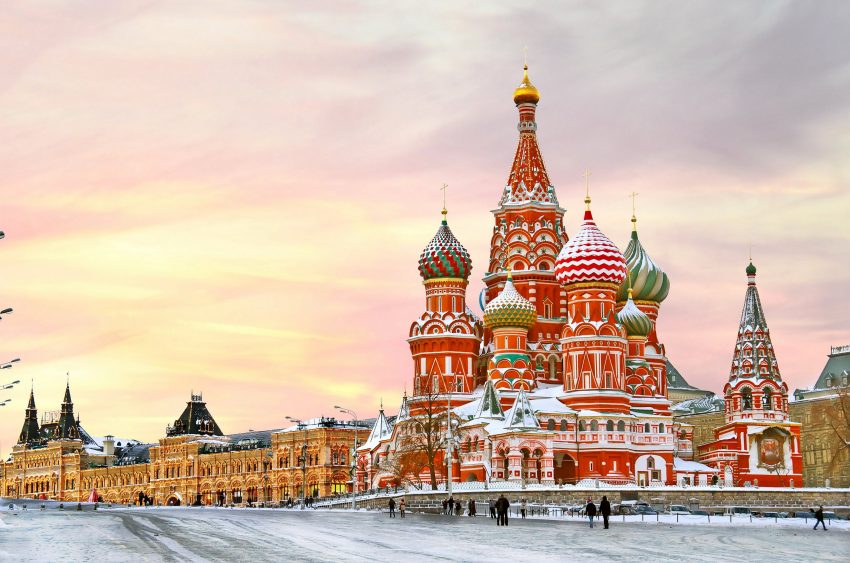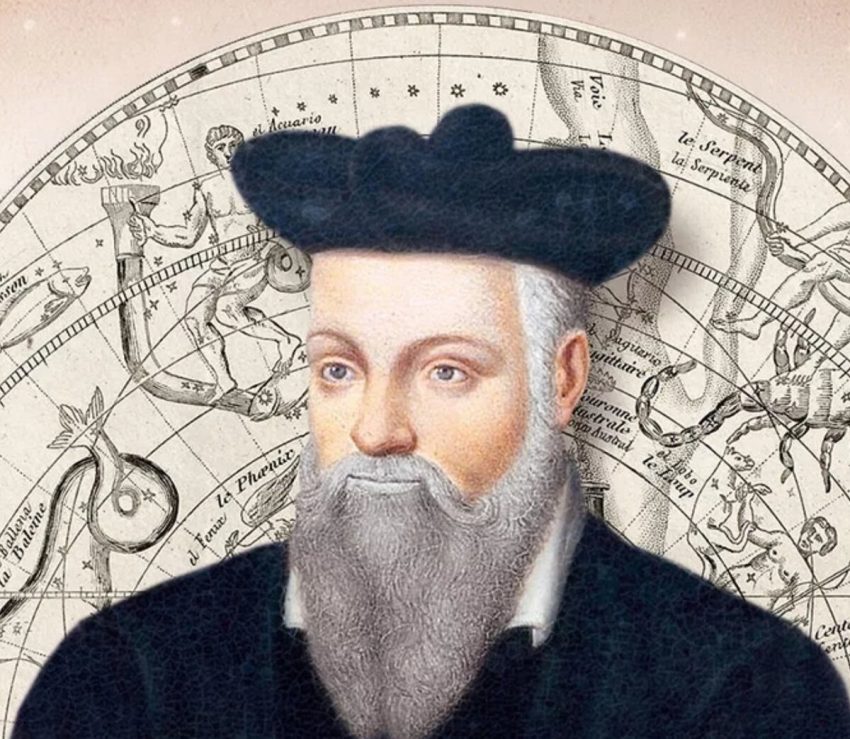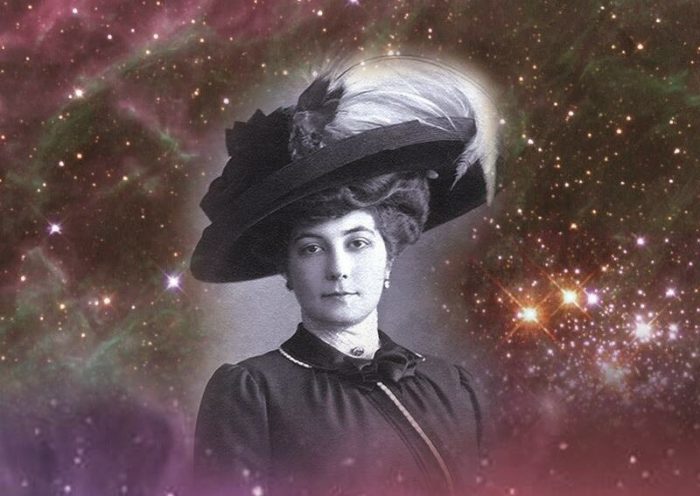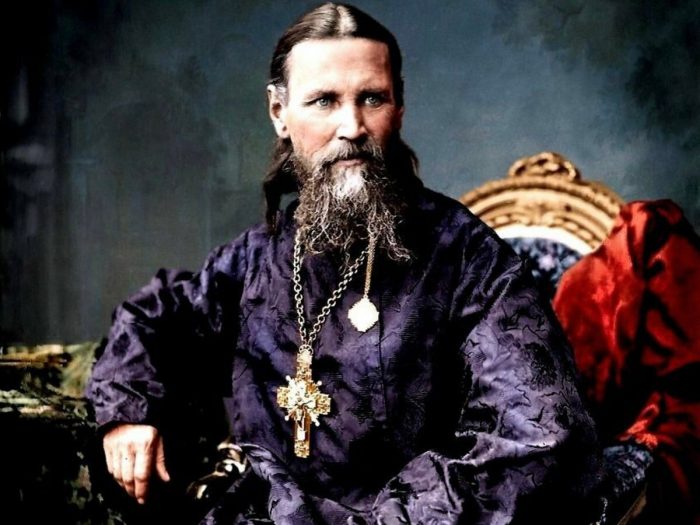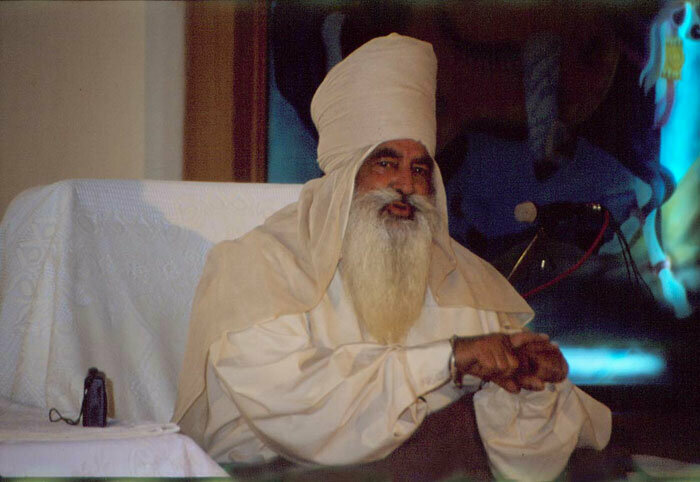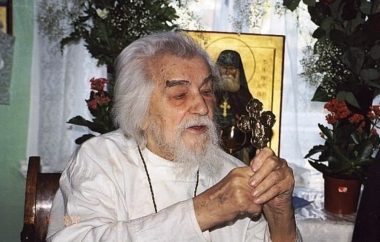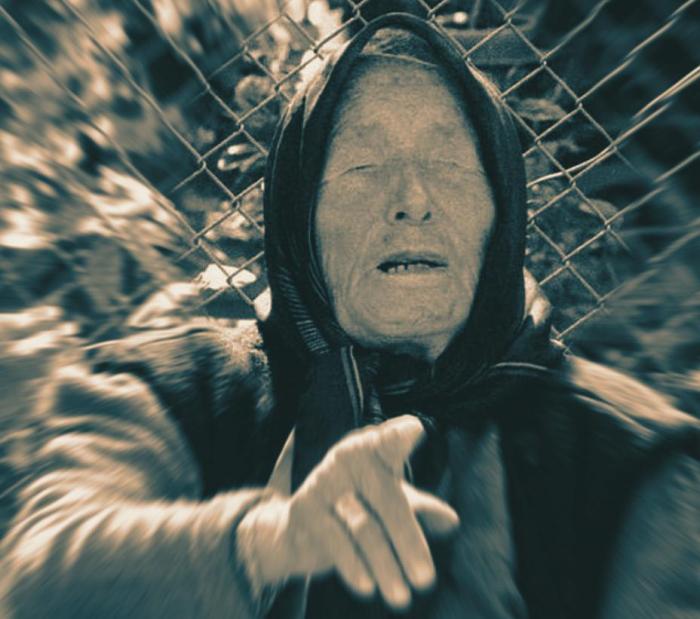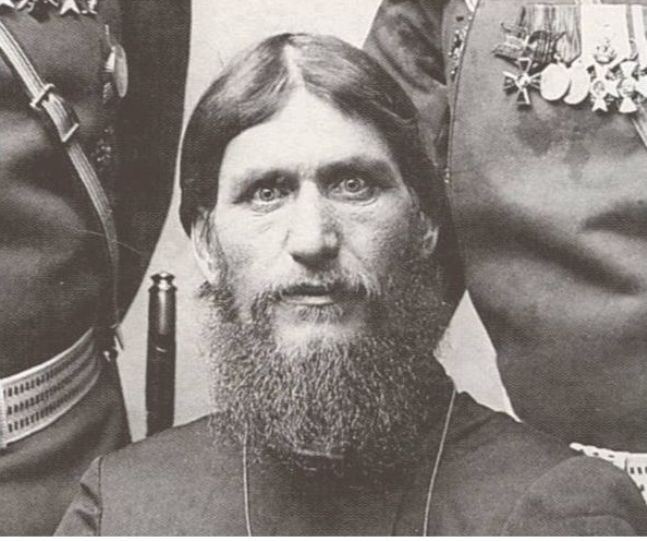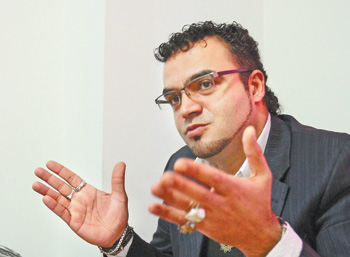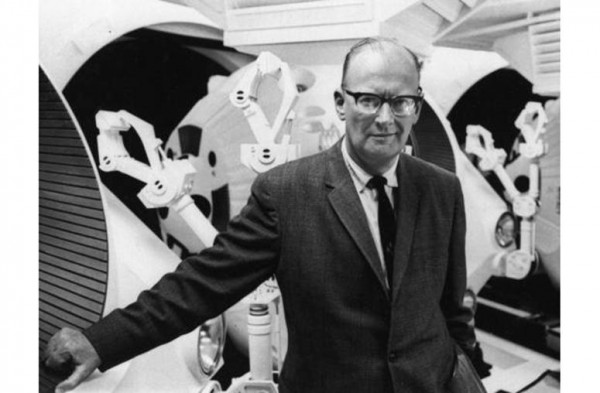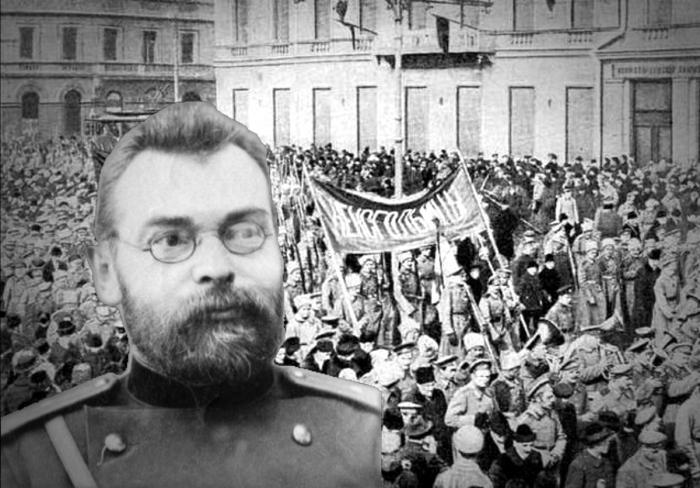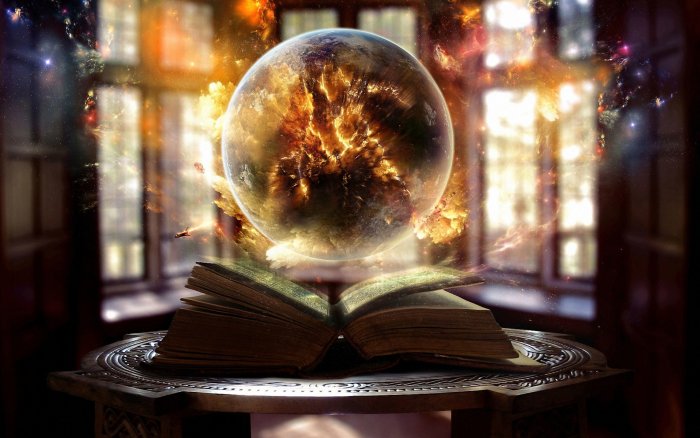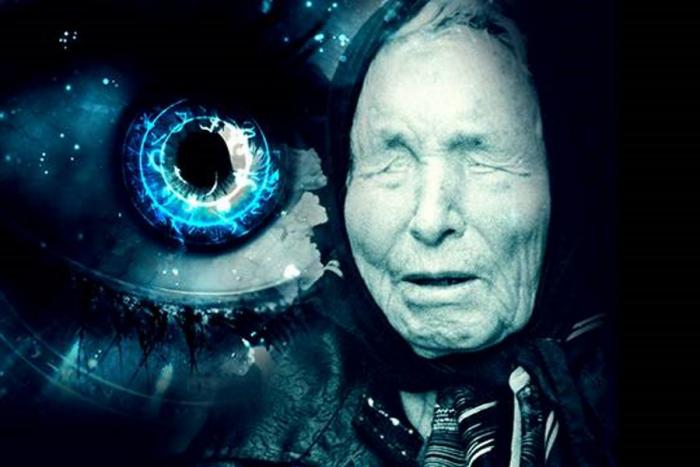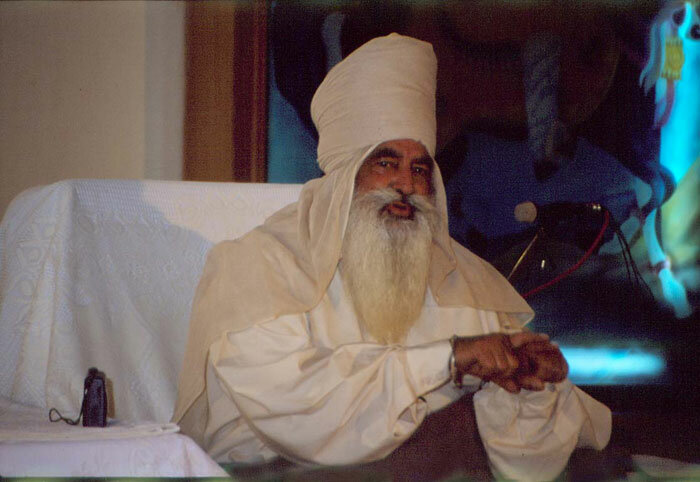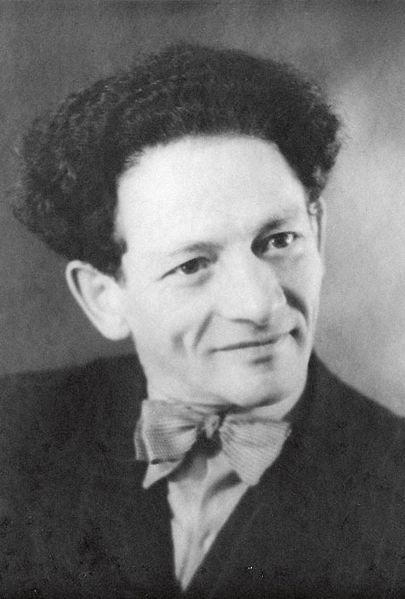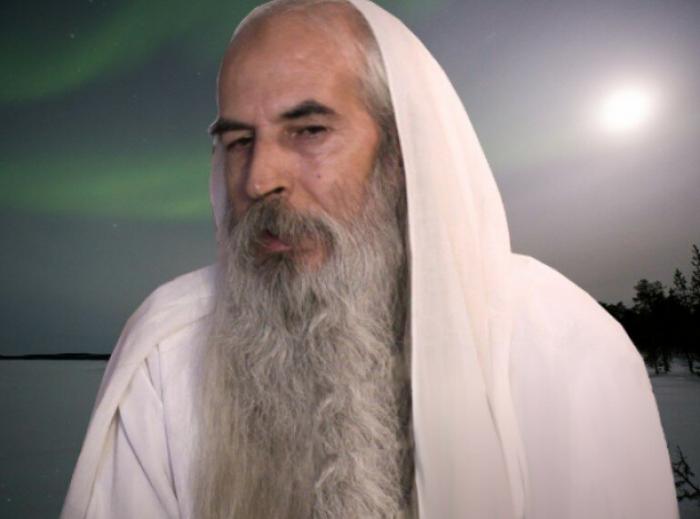Prophecies of Dmitry Merezhkovsky about the fate of Russia
Recently, on his blog , Anton Blagin , respected by me, quoted Amiram Grigorov , in which I liked almost everything, but one phrase caused dissonance. It was about the Russian poet, critic, writer Dmitry Sergeevich Merezhkovsky.
Here’s the excerpt that pissed me off:
Merezhkovsky on his knees asking Mussolini to invade the USSR
I must say, for all the time I studied at educational institutions, I had never heard of Merezhkovsky. I came across his poems quite by accident about 5 years ago. And they impressed me to the core. In literature, the figure of Dmitry Sergeevich, I think, was deliberately anathematized, since he was a very smart and multifaceted person, a true representative of the LunaCharsky and a group of creative intelligentsia, who were etched from everywhere.
By definition, Merezhkovsky simply could not beg Mussolini to invade the USSR, he was not such a bird. And what was he like? This question is best answered by his legacy, where the echoes of nature show through between the lines.
Being in forced emigration in Europe, Merezhkovsky yearned for Russia and worried about her, as it was then customary to say, the future .
By the way, Merezhkovsky actually met with Mussolini in sunny Italy and even wrote an article about it.
What kind of struggle against communism (and, consequently, against Russian Bolshevism) is possible – national or only worldwide?
That’s what Dimitri Benito asked about.
And not at all because he wanted to bring trouble to his people, with whom he had to part against his will.
Few people know that back in 1906, in the article “The Coming boor” , the sensitive, deep-thinking and smartest Merezhkovsky wrote prophecies about Russia that came true 100%.
Even then he understood what ideological tendencies hung over society. In particular, what spirit reeked of fashionable at that time positivism , which the poet himself had been ill with in his youth.
Born in science and philosophy, positivism has grown from scientific and philosophical consciousness into an unconscious religion that seeks to abolish and replace all former religions. Positivism, in this broad sense, is the affirmation of the world open to sensory experience as the only real one, and the denial of the supersensible world; the denial of the end and the beginning of the world in God and the affirmation of the endless and beginningless continuation of the world in phenomena, the endless and beginningless environment of phenomena impenetrable to man, the middle, mediocrity, that absolute, completely dense, like the Wall of China, “solid mediocrity”, conglomerated mediocrity, that absolute petty-bourgeoisness, which Mill and Herzen speak of, themselves not understanding the ultimate metaphysical depth of what they say.
Where does positivism lead?
Merezhkovsky filigree, in the spirit of connoisseurs from “What? Where? When?, answered this question:
Renouncing God, the absolute Divine Personality, man inevitably renounces his own human personality. Refusing, for the sake of a lentil soup of moderate satiety, from his divine hunger and divine birthright, a person inevitably falls into absolute philistinism.
In his article, the writer not only outlined the problem, but also announced how this chimera could be overcome:
The strength of the Russian intelligentsia is not in the intellectus, not in the mind, but in the heart and conscience. Her heart and conscience are almost always on the right path; the mind often wanders. The heart and conscience are free, the mind is bound. The heart and conscience are fearless and “radical”, the mind is timid and in the very radicalism is conservative, imitative.
Fear one thing – slavery and the worst of all slavery – philistinism and the worst of all philistinism – rudeness, for the reigning slave has become a boor, and the reigning boor is the devil – no longer the old, fantastic, but the new, real devil, really terrible, more terrible, what they paint him with – the coming Prince of this world, the Coming Ham.
The three principles of spiritual philistinism united against the three principles of spiritual nobility: against the land, the people – living flesh, against the church – the living soul, against the intelligentsia – the living spirit of Russia.
The mind, brought to its end, comes to the idea of God.
Only by seeing God, who is Love, in everything on Earth, it is possible to overcome the Coming Ham – this is my remark.
More than a century has passed since then. No wonder Dmitry Sergeevich was still fuming! Not only the Bolshevik was the boor-philistine who lulled the conscience and heart of the people. The wagon is still here, right under our noses. Tirelessly fussing around a lot of boorish philistines with slavish thinking .
What characterizes them all?
In the common people they are now called zombies, bots, adherents of kisselTV, cotton wool. They are very convenient for power.
These are narrow-minded people with limited views, living within the framework of stereotypes and dogmas at the lowest primitive level (satisfaction of basic needs, gossip, drinking), for whom there is no idea of responsibility to society. They are in vain unable to think at the level of the people, society, bogged down in the swamp of their “I”, in their Ego, in this temporary and false superstructure over the eternal and active soul that belongs to God.
These people are purely material. They only believe in what they see. Of course, there is no God in their picture of the world, because he, allegedly, is neither seen nor heard.
Modern philistines are template people and cliché people. They prefer to do the same thing that the crowd does, their opinion and their own will are completely absent, as well as passionarity. If everyone around calls black white, they will cowardly agree, so as not to stand out, not to go against society.
The philistines are highly hierarchical: they polish the backs of those above them and despise those who are below them in the hierarchy of society. Therefore, even the most meager power is contraindicated for a person with a petty-bourgeois spirit.
They have forgotten how to think independently and create. Their tastes are vulgar and vulgar. These are consumers of content like Yu, TNT and Smehopanorama. It is the philistines who demand to ban Dostoevsky and Tolstoy in the schools, they say, they are morally obsolete, let the kids read better about modern “heroes”, for example, Beyoncé and Madonna.
And they are also cowards, conformists and opportunists, capable of “changing shoes in the air” as many times as you like, as long as the eggs are warm, ready for a jar of jam, you know what (spoiler: everything!)
Thus, the positivism of the Merezhkovsky era has now mutated into nothing more than everyday Satanism, which has nothing in common with masses and definitions from Wikipedia. It’s my personal opinion.
But there is always hope for healing, and the recipe is written above.
I’ll end with an interesting fact:
Did you know that already at the age of 23, Merezhkovsky took shape as a sensitive literary critic, in his article “The Old Question about the New Talent” of the novice writer Chekhov, putting the words of Leo Tolstoy on a par with the titan himself? The criteria were so simple and at the same time so deep: the writer noticed that both Tolstoy and Chekhov equally love nature and people with all their hearts.
Do you like Dmitry Merezhkovsky? What is your favorite work of his?
